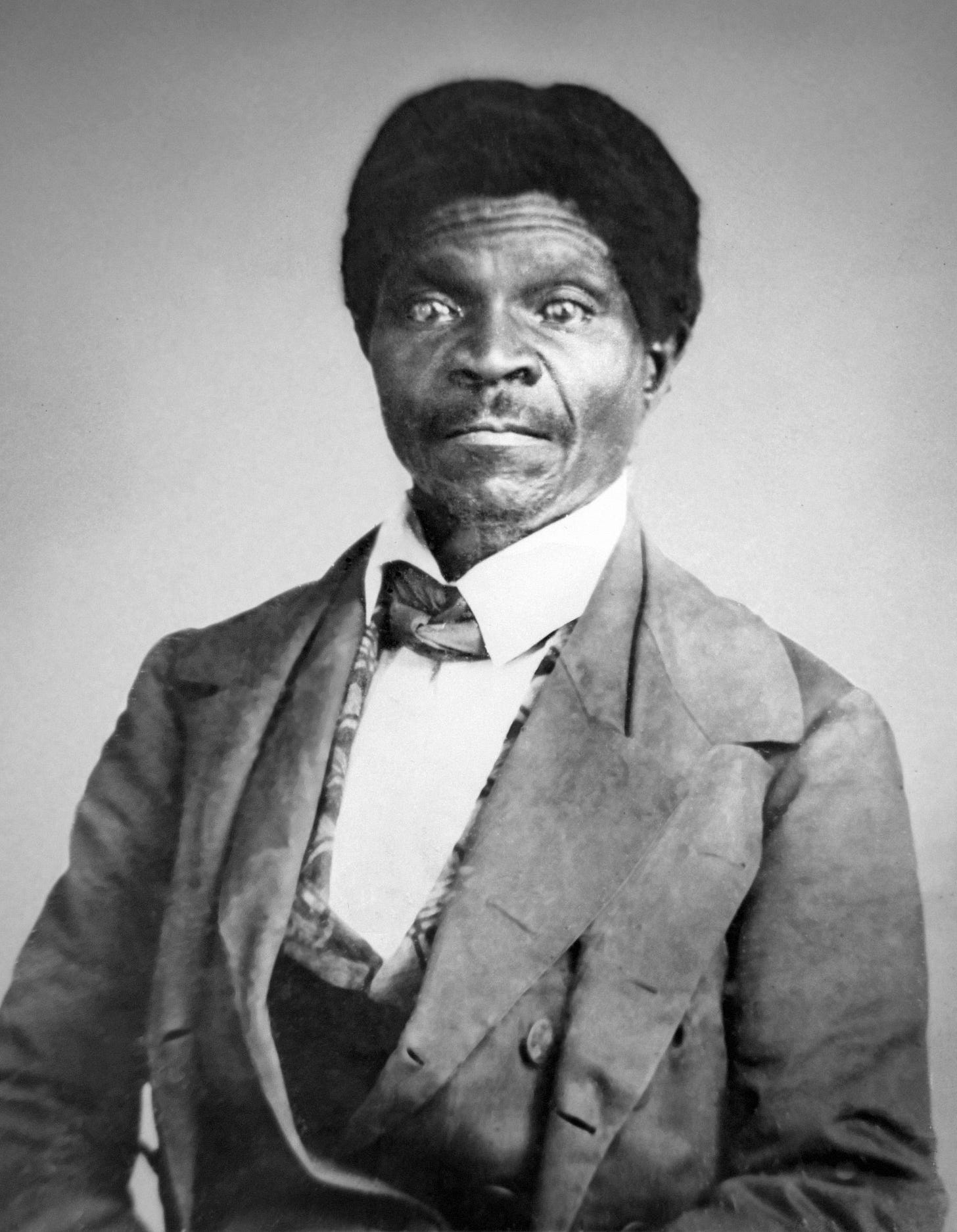This Day in Legal History: Dred Scott Decided
On March 6, 1857, the U.S. Supreme Court issued its infamous ruling in Dred Scott v. Sandford, a decision that deepened national tensions over slavery. The Court held that Dred Scott, an enslaved man who had lived in free territories, was not a U.S. citizen and therefore had no legal standing to sue for his freedom. In a sweeping opinion by Chief Justice Roger B. Taney, the Court went further, declaring that Congress had no power to prohibit slavery in federal territories. This effectively struck down the Missouri Compromise of 1820, which had restricted the spread of slavery in certain parts of the country. The ruling was celebrated in the South but outraged abolitionists and many in the North, who saw it as an alarming expansion of pro-slavery power.
The Dred Scott decision is widely regarded as one of the worst in Supreme Court history, as it denied citizenship and legal protections to Black Americans. It also emboldened pro-slavery forces while further alienating the growing anti-slavery movement. The backlash contributed to the intensifying sectional divide that would lead to the Civil War just four years later. During the war, President Abraham Lincoln and Congress took steps to undermine the decision, culminating in the passage of the 13th and 14th Amendments. These amendments abolished slavery and established birthright citizenship, directly overturning Dred Scott. Today, the case stands as a stark reminder of how the law has been used to uphold racial injustice—and how later legal reforms can correct such profound wrongs.
The U.S. Supreme Court ruled 5-4 against President Donald Trump's effort to withhold payments from foreign aid organizations for work already completed. The decision upheld an order by U.S. District Judge Amir Ali, requiring the government to release nearly $2 billion in funds owed to contractors and grant recipients under USAID and the State Department. Chief Justice John Roberts and Justice Amy Coney Barrett joined the Court’s liberal justices to form the majority, while four conservative justices dissented. The Trump administration had paused all foreign aid on January 20, citing an “America First” agenda, which disrupted humanitarian efforts worldwide. Aid organizations sued, arguing Trump exceeded his authority by defunding programs approved by Congress. The administration contended that enforcing payments without proper review amounted to judicial overreach. Despite Ali’s repeated orders, the administration largely kept the funds frozen, prompting legal battles over compliance. Plaintiffs warned that continued delays would cause “extraordinary and irreversible harm” to millions relying on aid. The Supreme Court did not provide a rationale for its order but instructed Ali to clarify compliance obligations. A hearing is scheduled for March 7 to determine the next steps.
US Supreme Court won't let Trump withhold payment to foreign aid groups | Reuters
Dozens of U.S. hospital systems and healthcare providers have filed lawsuits against Blue Cross Blue Shield, alleging the insurer underpaid them by billions. These providers chose to opt out of a $2.8 billion class-action settlement in Alabama, which is awaiting final approval. The new lawsuits, filed in federal courts in California, Illinois, and Pennsylvania, argue that Blue Cross and its affiliates conspired to divide the market, reducing competition and driving down reimbursement rates in violation of antitrust laws. Plaintiffs, including Bon Secours Mercy Health and Temple University Health, believe they could recover more through individual lawsuits than the settlement. Blue Cross has denied wrongdoing and declined to comment. The final approval hearing for the Alabama settlement is scheduled for July 29. This litigation follows a separate $2.7 billion antitrust settlement in 2020 for commercial and individual subscribers, which the U.S. Supreme Court upheld last year. Some large companies also opted out of that settlement to pursue their own claims.
Hospitals line up to sue Blue Cross, opting out of $2.8 bln settlement | Reuters
The U.S. Supreme Court heard arguments on whether the Nuclear Regulatory Commission (NRC) has the authority to license temporary nuclear waste storage sites, a case brought by Texas and oil industry interests. The dispute centers on a facility in western Texas, licensed by the NRC in 2021, which opponents argue poses environmental and security risks. Some conservative justices questioned whether "temporary" storage could last indefinitely, undermining efforts to establish a permanent waste site. Liberal justices focused on whether the plaintiffs had legal standing, as they did not initially challenge the NRC's decision through the agency's process. The case follows past failures to establish a permanent nuclear waste site at Yucca Mountain, Nevada, despite significant federal investment. The 5th U.S. Circuit Court of Appeals previously ruled the NRC lacked authority under the Atomic Energy Act, prompting the Biden administration to appeal—a move continued under Trump. A decision is expected by June.
US Supreme Court hears Texas nuclear waste storage dispute | Reuters













